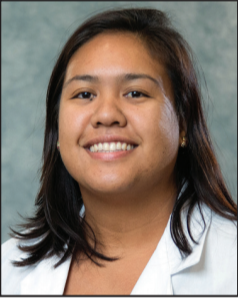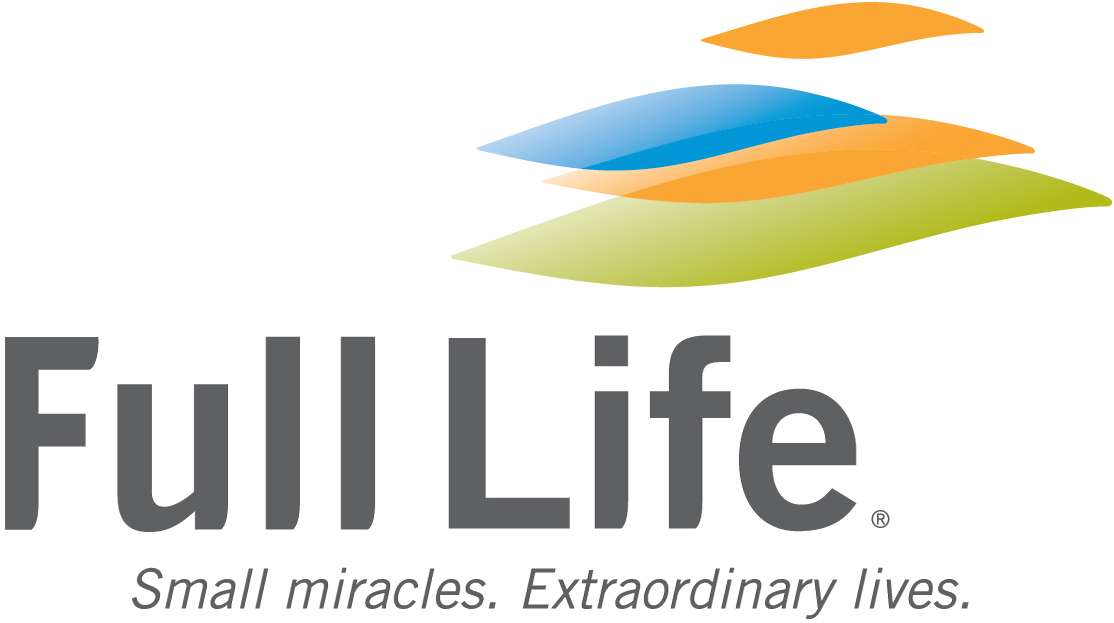ElderFriends prepared her for med school

July 27, 2020
Maria Balajadia was an AmeriCorps with Full Life Care in 2015-16. She served as the ElderFriends Friendly Visiting Coordinator. Maria is currently finishing her first year of medical school at the A.T. Still University-School of Osteopathic Medicine in Arizona. Maria hails from the island of Saipan, and hopes to practice medicine there when she completes her schooling.

Maria Balajadia
Why did you choose to do AmeriCorps?
I had just graduated college and started volunteering at the North Seattle adult day health center for about a month when volunteers were sent an email about Full Life’s AmeriCorps positions. I knew a couple of people who had done AmeriCorps and loved it so I decided to give it a shot. I also knew I needed to develop myself in the workforce while serving my community, which is something AmeriCorps allowed me to do.
Where did you serve and what did you learn?
I was the ElderFriends Match Coordinator and served at Full Life Care’s main office in First Hill. Top 5 ElderFriends Lessons: 1) It’s okay to simply listen (without “fixing” anything) 2) In a world of rapidly changing technology, a birthday card is still greatly appreciated! 3) Social connection is important for anyone at any age but it’s harder to come by when you’re older unfortunately. 4) It takes a lot of collaboration between different organizations, the state, elders, volunteers and families to help elders stay as a healthy and independent as possible. 5) A more personal one — writing down everything you spend on is an effective way to start budgeting.
What was a typical day like in your AmeriCorps role?
A lot of emails and phone calls! I’d contact volunteers about their matches or offer tickets to certain events going on in the community that they could attend with their ElderFriend. I’d call or get phone calls from elders to check in, which was my favorite part. I also became really good at leaving voicemails, which I don’t think I ever really did beforehand. Ha, ha!
What did you do following service? What are you currently doing now?
After finishing my term, I moved back home to the island of Saipan where I ended up working with the opposite side of the spectrum: infants and toddlers with developmental disabilities and delays. I coordinated their services through the Early Intervention Program for almost three years before starting medical school in July 2019. I am currently finishing my first year!
How did your AmeriCorps service with Full Life make an impact on your current career path?
For one, I got a head start on talking to people about difficult topics like death, suicide, health issues, familial issues, etc. It sounds morbid but it’s all a part of life and should be talked about more instead of stigmatized. Additionally, it’s crazy how much of what I learned at Full Life has come up during my time at medical school thus far, not just in terms of caring for elders but what it means to care for someone holistically. Full Life helped me redefine the meaning of “health.”
What’s your favorite aspect of your current role?
My school focuses on working with underserved communities so a lot of what we learn is centered on what we would do in a community that may not have a lot of manpower or resources. It helps me picture what it would be like to work in my own community in Saipan, where I plan to practice once I am done.
What’s your advice for those considering AmeriCorps?
Do it! It is a challenging yet rewarding experience where you’re in a position to help organizations that are doing amazing work.
Anything else you would like to add?
Hope everyone is doing well and staying healthy in the midst of this pandemic and thank you to anyone is working the front line!
